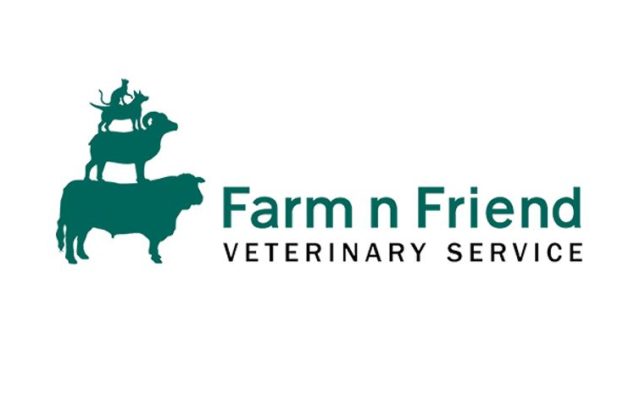Pet of the Week – Quinn


Please meet Quinn! Quinn is beautiful Silver Tabby who has been at Green Hills Animal Shelter for a little over a year. She is a young adult, who originally came to GHAS as a stray. Shortly after arriving, Quinn tested positive for FeLV, but you’d never know by meeting her — she is healthy, happy, and loving, and she is sure to steal your heart!
Because Quinn has FeLV, she gets to live in KittyWood, which is a special area in the shelter for cats who are FIV and/or FeLV positive. KittyWood was constructed because our special needs cats often take longer to find their forever homes, and we wanted to provide them with a special place to play and socialize while they wait to be adopted. KittyWood also keeps kitty stress levels low, which in turn helps to keep the cats healthy and happy. As a result, Quinn and the other cats that live in KittyWood are very socialized and love humans, as well as other cats.
Quinn herself is very friendly and affectionate. She is always ready to be petted and she loves everyone she meets.
Quinn’s perfect home would be one where she could spend her days lounging in sunbeams and watching the birdies through the windows. She would love a window with a birdfeeder hanging outside, and she promises to keep a watchful eye on the birdies for her forever humans. Because Quinn is FeLV positive, she will have to be an indoor only kitty. Also, because FeLV is transmittable to other cats, Quinn will need to be an only cat or live in a household where the other kitties are vaccinated against FeLV. (Please note that FeLV only affects cats, and cannot be transmitted to humans, dogs, or other non-cat animals.)
Quinn has been spayed, de-wormed, FIV/FeLV tested, and is up to date on all her vaccinations, including rabies. She is a very special kitty with so much love to share – could she share her heart and home with you?
(FeLV, which is short for Feline Leukemia Virus, is a disease that suppresses a cat’s immune system, making the cat less able to defend itself against infections or viruses that would not normally cause a problem in healthy cats. FeLV can be passed from one cat to another through saliva, blood, and to some extent, urine and feces, with mutual grooming or fighting being the most common ways for the infection to spread. FeLV is specific to the cat family, and does not affect other species of animals or people.



